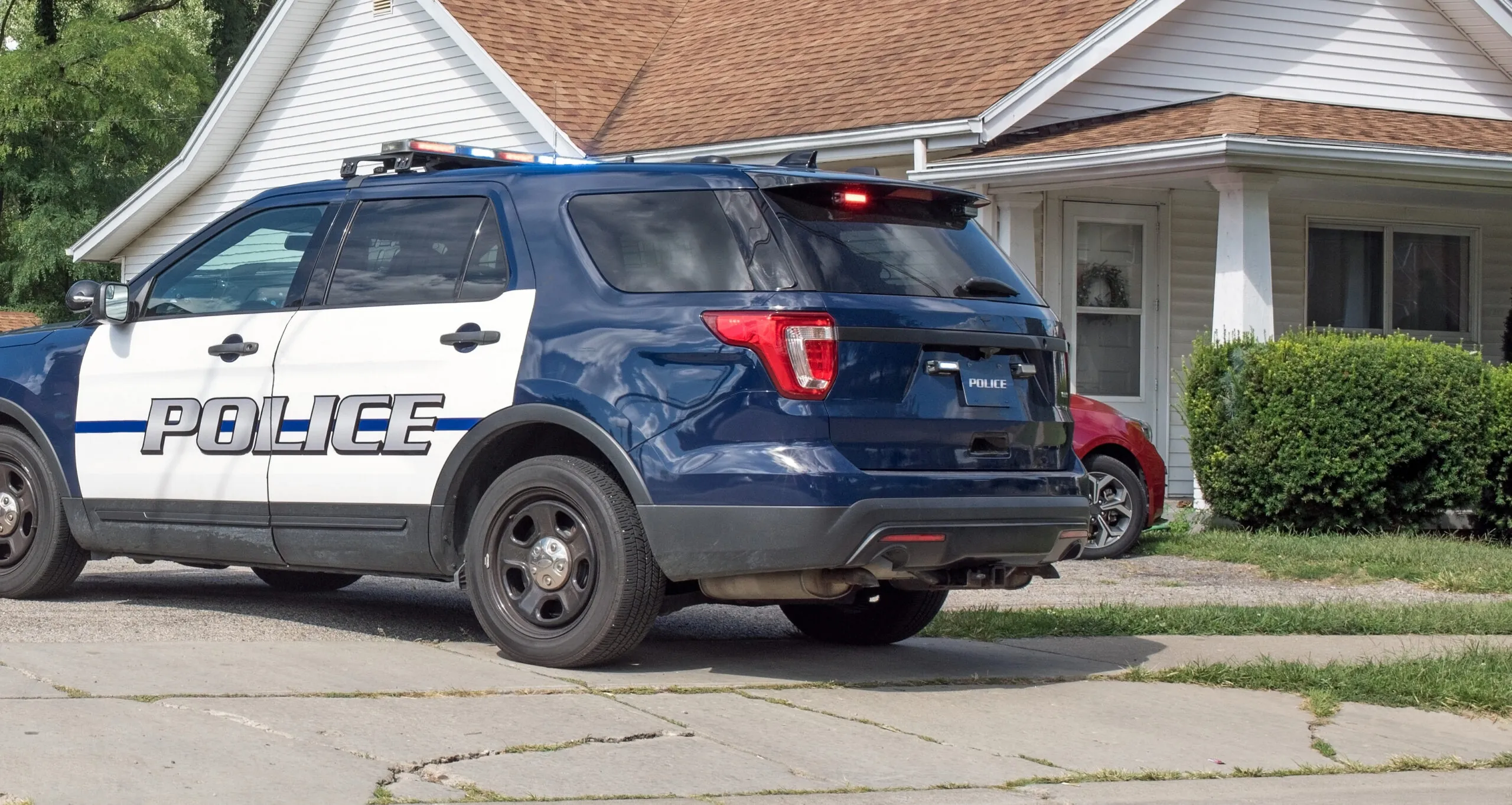Can You Get a DUI on Private Property?

What happens when law enforcement officers enter the curtilage of the home or other private property without a warrant for a DUI investigation?
The Fourth Amendment protects homes from unreasonable searches and seizures without a warrant unless the court finds an exception for an exigent circumstance. Those Fourth Amendment protections extend to the curtilage of the home. Black’s Law Dictionary defines “curtilage” as “the land or yard adjoining a house, usually within an enclosure.” Black’s Law Dictionary (12th ed. 2024).
To determine whether an area constitutes curtilage, the courts focus on whether the area “harbors the intimate activity associated with the ‘sanctity of a man’s home and privacies of life.'” Davis. v. State, 257 So. 3d 1159 (Fla. 1st DCA 2018)(citing Oliver v. United State, 466 U.S. 170, 180 (1984)).
In United States v. Dunn, 480 U.S. 294 (1987), the court outlined a four-part test to determine whether an area constitutes curtilage:
- how close the area is to the home;
- whether the area is located within the enclosure surrounding the home;
- how the area is being used;
- what steps were taken to protect the area from observation by other.
Warrantless searches of homes are presumed unreasonable absent exigent circumstances, involving emergency aid, preventing imminent destruction of evidence, or hot pursuit. State v. Markus, 211 So. 3d 894, 906-7 (Fla. 2017).
The prosecutor might argue that the officers entered the property to provide a lawful well-being check, pursuant to the community caretaker doctrine, which ultimately developed a sufficient basis for a DUI investigation. For example, in Felts v. State, 2 Fla. L. Weekly Supp. 397a (Fla. 7th Cir. 1994), the court found that a DUI arrest can be made on a person’s sole property.
On the other hand, in the following cases, the court suppressed evidence obtained from the warrantless entry into the curtilage of the home:
- State v. Markus, 211 So. 3d 894 (Fla. 2017);
- Welsh v. Wisconsin, 104 S. Ct. 2091 (1984)(a warrantless, nighttime entry into a home to arrest for driving under the influence was prohibited by the Fourth Amendment);
- Oliver v. State, 989 So. 2d 16 (Fla. 2d DCA 2008);
- Waldo v. State, 975 So. 2d 542 (Fla. 1st DCA 2008);
- State v. Witherington, 702 So. 2d 263 (Fla. 5th DCA 1997)(the court found that Fourth Amendment protections extended to a screened porch in the back yard of a home).
Read more about whether you can get a DUI on private property under Florida law.